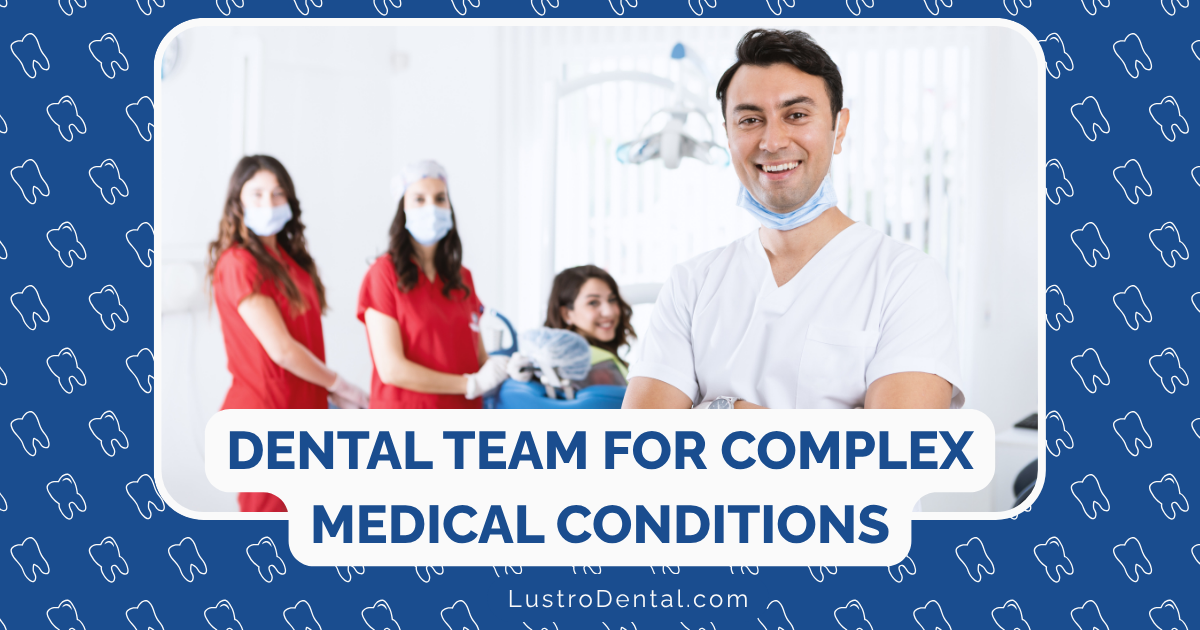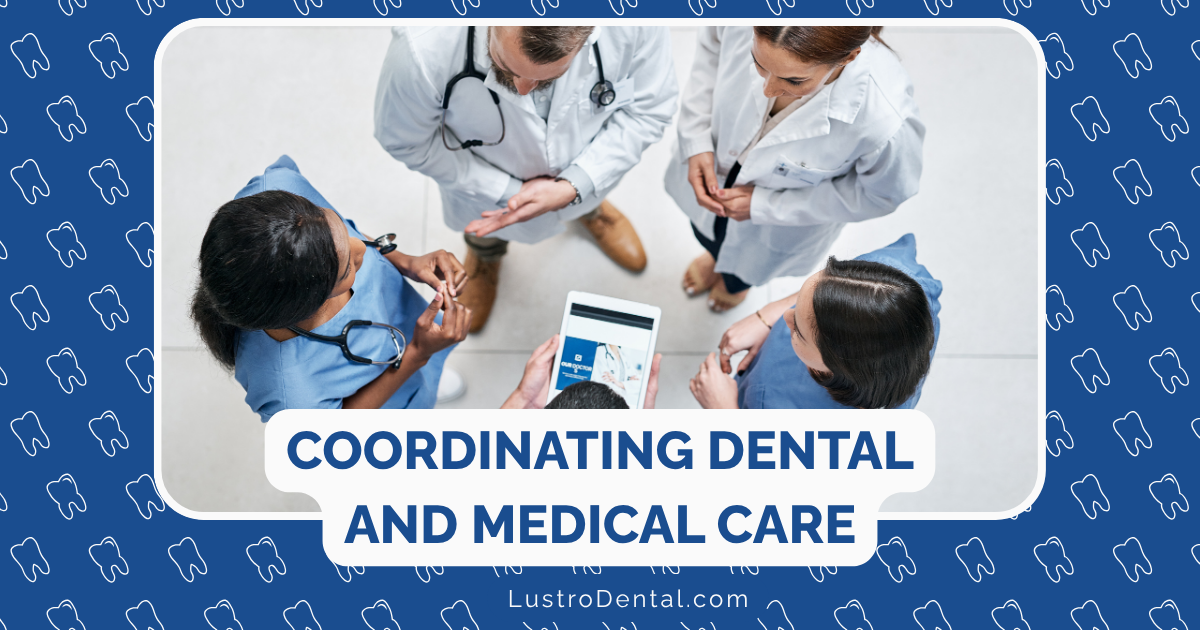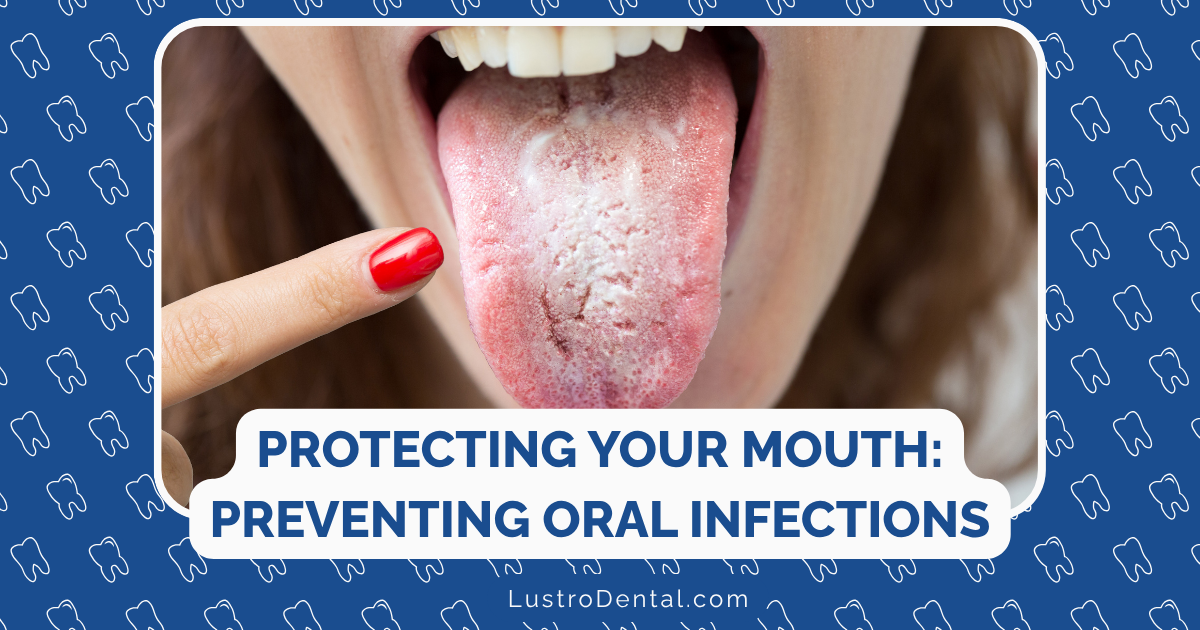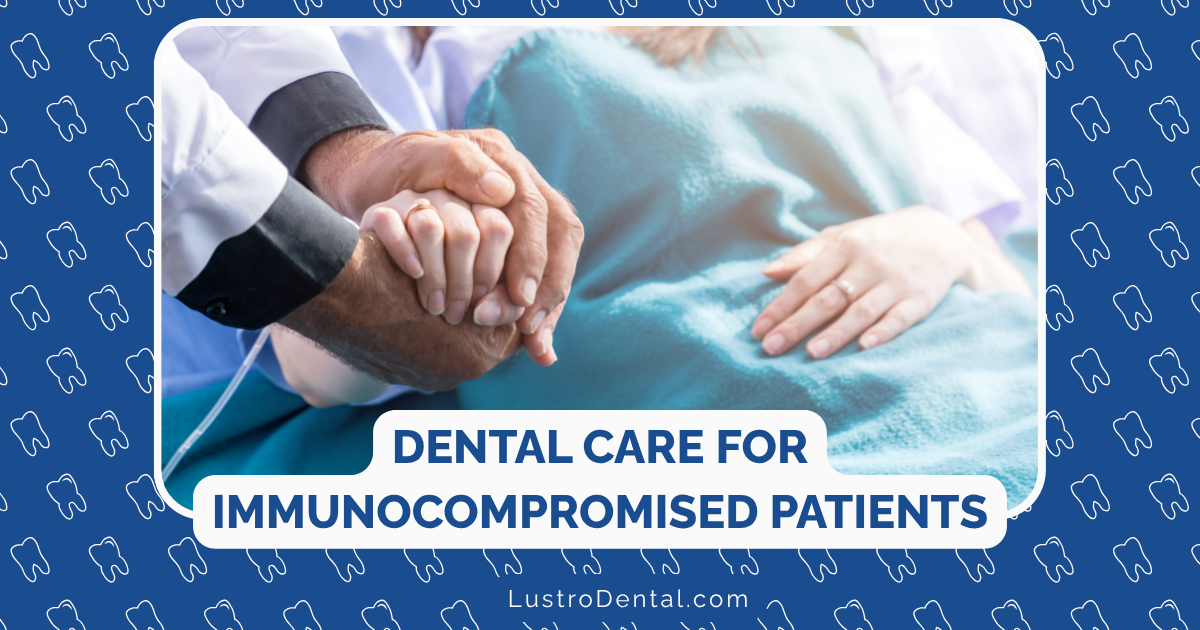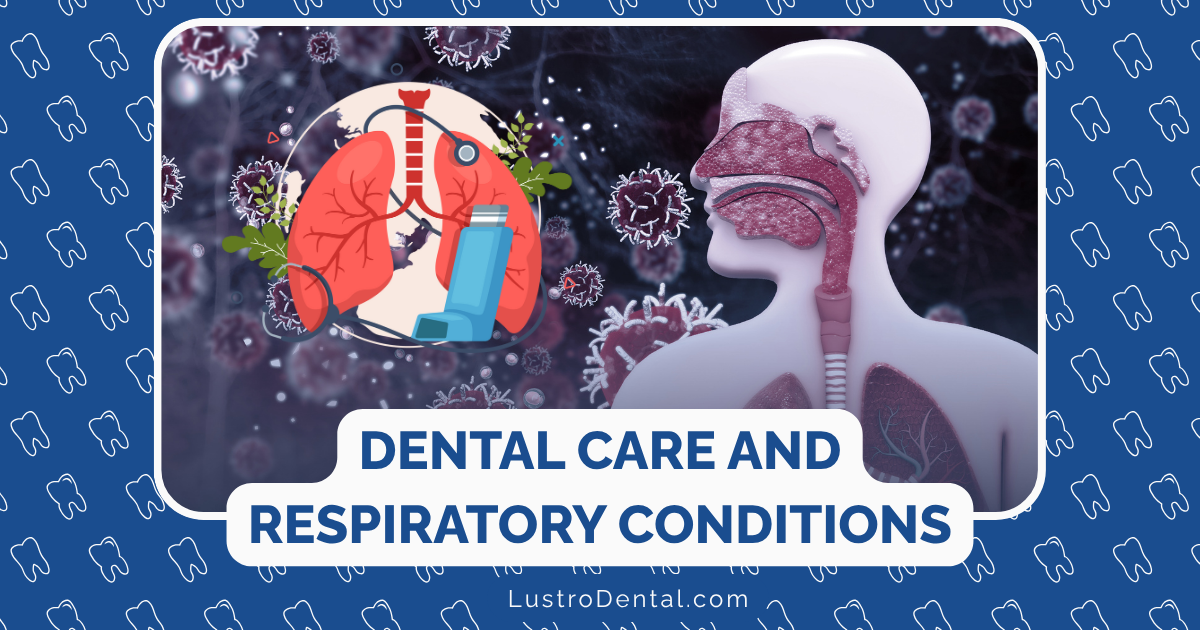Dental Challenges of Aging: Common Issues and Solutions
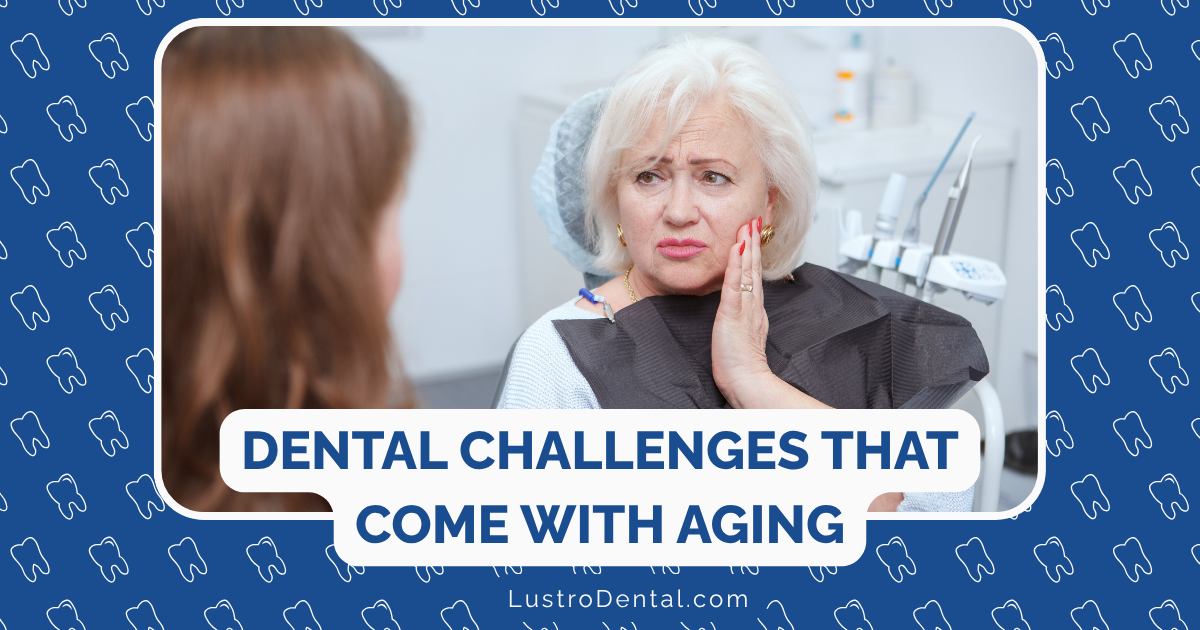
As we age, our bodies change in countless ways—including our oral health. While previous generations often expected to lose their teeth as they grew older, today’s seniors are keeping their natural teeth longer than ever. This is certainly progress, but it also presents unique challenges that require specific attention and solutions.
Throughout my years as a dental health advocate, I’ve seen how addressing these age-related dental challenges can dramatically improve quality of life for older adults. A healthy mouth isn’t just about a beautiful smile—it’s about maintaining the ability to eat nutritious foods, speak clearly, and avoid the pain and complications that can arise from untreated dental issues.
Let’s explore the most common dental challenges that come with aging and, more importantly, the practical solutions that can help seniors maintain their oral health for years to come.
The Changing Landscape of Senior Dental Health
Before diving into specific challenges, it’s worth noting how significantly senior dental health has evolved in recent decades:
- According to the American Dental Association, only about 5% of adults over 65 are completely edentulous (without teeth), compared to nearly 50% in the 1950s.
- Today’s seniors are retaining more natural teeth but face complex maintenance challenges.
- Approximately 68% of older adults with natural teeth have some form of periodontitis.
- Nearly 1 in 5 seniors have untreated tooth decay.
- By 2030, the number of Americans aged 65 and older will reach 72 million, representing about 20% of the U.S. population.
This demographic shift is creating both challenges and opportunities in dental care for older adults.
Common Dental Issues in Older Adults
1. Dry Mouth (Xerostomia)
The Challenge: Dry mouth affects approximately 30% of adults over 65 and up to 40% of those over 80. This condition isn’t just uncomfortable—it significantly increases the risk of tooth decay, gum disease, and oral infections.
Causes:
- Medication side effects: The average older adult takes 4-5 prescription medications, with 90% reporting using at least one prescription drug in the past month. Over 500 medications can cause dry mouth, including those for:
- High blood pressure
- Depression
- Allergies
- Pain management
- Parkinson’s disease
- Urinary incontinence
- Medical conditions: Sjögren’s syndrome, diabetes, and radiation therapy
- Natural aging process: Decreased saliva production
Solutions:
- Stay hydrated: Sip water throughout the day
- Use saliva substitutes: Over-the-counter products like Biotène or XyliMelts
- Try sugar-free gum or lozenges: Stimulates saliva production
- Use a humidifier: Especially at night
- Avoid alcohol and caffeine: These can worsen dry mouth
- Consider medication adjustments: Consult with your physician about possible alternatives to medications causing dry mouth
- Use fluoride products: High-fluoride toothpaste or rinses can help prevent cavities when saliva is reduced
Dr. Sarah Johnson, a geriatric dental specialist, notes: “Dry mouth is often overlooked, but it’s one of the most significant factors in dental decay among seniors. Simple interventions like drinking more water and using over-the-counter saliva substitutes can make a tremendous difference.”
2. Gum Disease (Periodontal Disease)
The Challenge: Periodontal disease affects nearly 70% of adults over 65 who still have their natural teeth. Advanced gum disease is the leading cause of tooth loss in older adults.
Causes:
- Lifelong plaque accumulation
- Decreased dexterity making oral hygiene more difficult
- Dry mouth reducing natural cleansing
- Systemic conditions like diabetes that impair healing
- Smoking history
- Nutritional deficiencies
Solutions:
- Professional cleanings: More frequent dental visits (every 3-4 months rather than every 6)
- Antimicrobial mouth rinses: Prescription-strength options like chlorhexidine
- Proper brushing technique: Using soft-bristled brushes and gentle pressure
- Interdental cleaning: Floss, interdental brushes, or water flossers
- Smoking cessation
- Improved diabetes management: For those with diabetes
- Professional treatments: Scaling and root planing, laser therapy, or surgical interventions for advanced cases
“The connection between gum disease and systemic health conditions like diabetes and heart disease makes periodontal care especially important for seniors,” explains Dr. Robert Chen, periodontist. “The good news is that even long-standing gum disease can be effectively managed with the right approach.”
3. Root Caries (Decay)
The Challenge: Approximately 50% of adults over 75 have root caries affecting at least one tooth. Root surfaces become exposed as gums recede with age, and these surfaces are more vulnerable to decay than the crown of the tooth.
Causes:
- Gum recession exposing root surfaces
- Reduced saliva flow
- Previous fillings that may leak or crack
- Diet high in sugars or acids
- Difficulty cleaning due to physical limitations
Solutions:
- Fluoride treatments: Professional application of high-concentration fluoride varnish
- Prescription-strength fluoride toothpaste: Products with 5000 ppm fluoride
- Silver Diamine Fluoride (SDF): A liquid that can arrest decay without drilling
- Xylitol products: Gums, mints, or rinses containing this sugar substitute that helps prevent decay
- Diet modifications: Reducing frequency of sugar consumption
- Restorative treatments: Fillings, crowns, or bonding to repair damaged areas
- Calcium and phosphate supplements: To help remineralize teeth
4. Tooth Loss
The Challenge: Despite improvements, about 24% of adults aged 65 and older have lost all their natural teeth, with higher rates among certain populations. Even partial tooth loss can significantly impact nutrition, speech, and quality of life.
Causes:
- Untreated periodontal disease
- Advanced decay
- Trauma
- Previous inadequate dental care
- Systemic health conditions
Solutions:
- Dental implants: Titanium posts surgically placed in the jawbone that function like tooth roots
- Fixed bridges: Prosthetic teeth anchored to adjacent natural teeth
- Partial dentures: Removable appliances that replace multiple missing teeth
- Complete dentures: Full replacement when all teeth are missing
- Implant-supported dentures: Combining the stability of implants with the coverage of dentures
- Preventive care: To maintain remaining natural teeth
- Bone grafting: To rebuild lost bone for implant placement
“The options for tooth replacement have expanded dramatically,” says Dr. Lisa Zhang, prosthodontist. “Today’s solutions are more comfortable, functional, and natural-looking than ever before, significantly improving quality of life for seniors who have experienced tooth loss.”
Physical Challenges Affecting Dental Care
Dexterity and Mobility Issues
The Challenge: Conditions like arthritis, Parkinson’s disease, stroke, and general muscle weakness can make basic oral hygiene tasks difficult or impossible to perform effectively.
Causes:
- Arthritis affecting hand and wrist movement
- Neurological conditions causing tremors or weakness
- Vision impairment making it difficult to see plaque or problems
- General frailty or fatigue
Solutions:
- Modified toothbrushes:
- Electric toothbrushes that require less manual dexterity
- Toothbrushes with enlarged handles (or DIY modifications using tennis balls or bicycle handlebar grips)
- 360-degree toothbrushes that clean multiple surfaces simultaneously
- Flossing aids:
- Floss holders or picks
- Water flossers that require less manual dexterity
- Interdental brushes for larger spaces between teeth
- Suction toothbrushes: For those with swallowing difficulties or who are bedridden
- Caregiver assistance: Training for family members or caregivers
- Bathroom modifications: Better lighting, accessible sinks, magnifying mirrors
- Mobile dental services: Home visits for those who cannot travel to dental offices
“Adaptive tools can make a tremendous difference for seniors with physical limitations,” notes occupational therapist Maria Rodriguez. “Something as simple as building up a toothbrush handle with foam tubing can transform oral hygiene from painful to manageable.”
Cognitive Impairment
The Challenge: Conditions like dementia and Alzheimer’s disease can make routine oral care difficult due to forgetting steps, refusing care, or not understanding the importance of oral hygiene.
Causes:
- Memory loss affecting routine maintenance
- Behavioral changes including resistance to care
- Inability to communicate pain or discomfort
- Medication effects worsening oral conditions
Solutions:
- Simplified routines: Breaking down oral care into simple steps
- Visual cues: Step-by-step picture guides in the bathroom
- Consistent timing: Performing oral care at the same time each day
- Modeling behavior: Demonstrating brushing for the person to mimic
- Hand-over-hand guidance: Gently guiding the person’s hand during brushing
- Distraction techniques: Singing or telling stories during care
- Choosing the right time: When the person is most cooperative
- Professional intervention: More frequent dental visits for professional cleaning
- Caregiver education: Training on managing resistance and proper techniques
“Research indicates a bidirectional relationship between cognitive impairment and oral health,” explains Dr. James Wilson, who specializes in geriatric dentistry. “Poor oral health may increase the risk of cognitive decline, while cognitive impairment often leads to deteriorating oral health. Breaking this cycle requires thoughtful interventions.”
Systemic Health Connections
Diabetes and Oral Health
The Challenge: Approximately 29.2% of seniors over 65 have diabetes, which significantly impacts oral health. Diabetes increases the risk of periodontal disease by 86%, while periodontal disease can make diabetes more difficult to control.
Causes:
- Impaired immune response making infection fighting more difficult
- Blood vessel changes affecting gum tissue
- Higher glucose levels in saliva promoting bacterial growth
- Slower healing after dental procedures
Solutions:
- Improved glycemic control: Working with healthcare providers to manage blood sugar
- More frequent dental visits: Every 3-4 months rather than every 6
- Vigilant home care: Meticulous brushing and flossing
- Early intervention: Prompt treatment of any oral infections
- Coordination of care: Dental providers and physicians working together
- Smoking cessation: Particularly important for diabetic patients
- Nutritional counseling: Addressing both diabetic and oral health needs
Cardiovascular Disease
The Challenge: Heart disease affects many seniors and has important implications for dental care. Additionally, research suggests links between periodontal disease and increased risk of heart attack and stroke.
Causes:
- Shared risk factors between heart disease and periodontal disease
- Inflammation potentially spreading from mouth to cardiovascular system
- Bacteria from periodontal disease entering bloodstream
- Medication considerations affecting dental treatment
Solutions:
- Medical consultation: Coordination between dental and medical providers
- Medication management: Particularly for anticoagulants before dental procedures
- Infection control: Prompt treatment of oral infections
- Blood pressure monitoring: During dental visits
- Stress reduction: Techniques to manage anxiety during dental care
- Appropriate antibiotic prophylaxis: When indicated for certain heart conditions
Financial and Access Challenges
The Challenge: Many seniors face significant barriers to dental care due to limited insurance coverage and financial constraints. Medicare does not cover routine dental care, and only about 12% of older Americans have some form of dental insurance.
Causes:
- Lack of Medicare dental coverage for routine care
- Limited income after retirement
- Transportation difficulties
- Competing health priorities
- Shortage of geriatric dental specialists
Solutions:
- Medicare Advantage plans: Some offer basic dental benefits
- Dental savings plans: Membership programs offering discounted services
- Dental schools: Reduced-cost care provided by supervised students
- Community health centers: Sliding fee scales based on income
- Mobile dental services: For homebound seniors
- Teledentistry: Remote consultations to determine urgency of care
- Advocacy: Supporting policy changes to improve dental coverage for seniors
“The financial barriers to dental care for seniors represent one of our biggest public health challenges,” says dental public health specialist Dr. Thomas Garcia. “We’re seeing promising innovations in service delivery models, but systemic policy changes are needed to ensure all seniors have access to essential oral healthcare.”
Preventive Strategies for Healthy Aging
While addressing existing problems is important, prevention remains the most effective approach to maintaining oral health throughout the aging process.
Daily Care Adaptations
- Twice-daily brushing: Using fluoride toothpaste and soft-bristled brushes
- Daily cleaning between teeth: With floss, interdental brushes, or water flossers
- Tongue cleaning: To reduce bacteria and freshen breath
- Denture care: Proper cleaning and storage of removable appliances
- Hydration: Drinking plenty of water throughout the day
- Xylitol products: Gums or mints after meals when brushing isn’t possible
- Alcohol-free rinses: For additional protection without drying effects
Nutritional Considerations
- Calcium-rich foods: For tooth and bone health
- Vitamin D: To help absorb calcium
- Vitamin C: For gum health and tissue repair
- Phosphorus: Found in eggs, fish, and dairy to strengthen teeth
- Crunchy fruits and vegetables: Natural cleansers that stimulate saliva
- Limited acidic foods and beverages: To protect enamel
- Reduced sugar consumption: Particularly between meals
- Soft, nutritious options: For those with chewing difficulties
Professional Care
- Regular dental visits: At intervals determined by individual risk factors
- Professional cleanings: To remove hardened plaque that can’t be addressed at home
- Oral cancer screenings: Particularly important for those over 60
- Medication reviews: To identify drugs that may affect oral health
- Custom prevention plans: Tailored to individual needs and risk factors
Success Stories: Overcoming Age-Related Dental Challenges
Margaret’s Story: Adapting to Arthritis
Margaret, 78, has rheumatoid arthritis that made brushing and flossing nearly impossible. Her dentist recommended an electric toothbrush with a pressure sensor and a water flosser. Her daughter helped modify the bathroom with better lighting and a magnifying mirror. After six months, Margaret’s previously advancing gum disease stabilized, and she regained confidence in her smile.
“I was so frustrated because I knew what I needed to do, but my hands wouldn’t cooperate,” Margaret shares. “The adapted tools made all the difference—I can care for my teeth independently again.”
Robert’s Story: Managing Dry Mouth
Robert, 82, was taking multiple medications for heart disease and high blood pressure, resulting in severe dry mouth. He was developing new cavities despite good hygiene practices. His dentist prescribed a high-fluoride toothpaste, recommended a saliva substitute, and worked with his physician to adjust his medications where possible. Robert also began using a humidifier at night and carrying a water bottle throughout the day.
“The constant dry mouth was affecting my eating, speaking, and even sleeping,” Robert explains. “The combination approach has made life so much more comfortable, and I haven’t had a new cavity in over a year.”
Elena’s Story: Overcoming Fear and Financial Barriers
Elena, 70, had avoided dental care for years due to fear and lack of insurance after retirement. When she finally developed a painful abscess, she found a community dental clinic that offered a sliding fee scale. The compassionate staff used gentle techniques and sedation options to help manage her anxiety. After resolving the immediate infection, they worked with her to develop an affordable treatment plan spread over time.
“I was terrified of both the dental work and the potential cost,” Elena admits. “Finding a clinic that understood both concerns changed everything. My mouth is healthier than it’s been in decades.”
Conclusion: A Lifetime of Oral Health
The dental challenges that come with aging are significant but not insurmountable. With appropriate adaptations, preventive strategies, and professional care, seniors can maintain oral health and function throughout their lives.
As our population ages, addressing these challenges becomes increasingly important—not just for dental health but for overall well-being. The mouth is the gateway to the body, and maintaining oral health has implications for nutrition, social interaction, and systemic health.
Whether you’re a senior navigating these changes yourself, a caregiver supporting an older adult, or a healthcare provider working with aging patients, understanding these challenges and implementing practical solutions can make a tremendous difference in quality of life.
Remember that it’s never too late to improve oral health. Even small changes in daily care, professional treatment, or adaptive techniques can yield significant benefits for seniors at any age.
What strategies have you found helpful in addressing age-related dental challenges? Share your experiences in the comments below.


